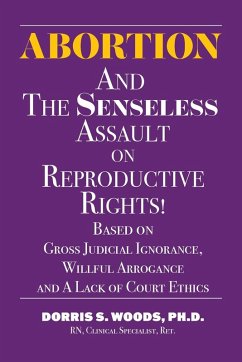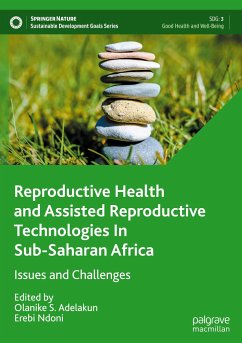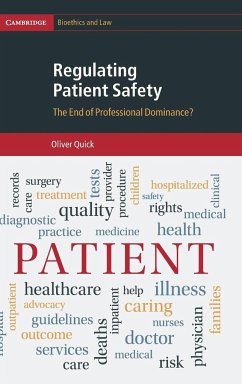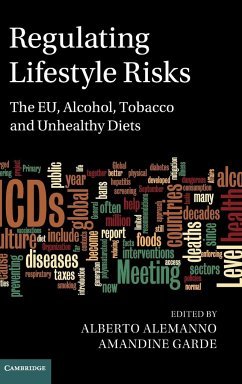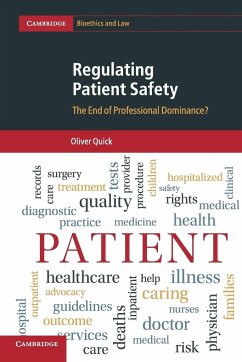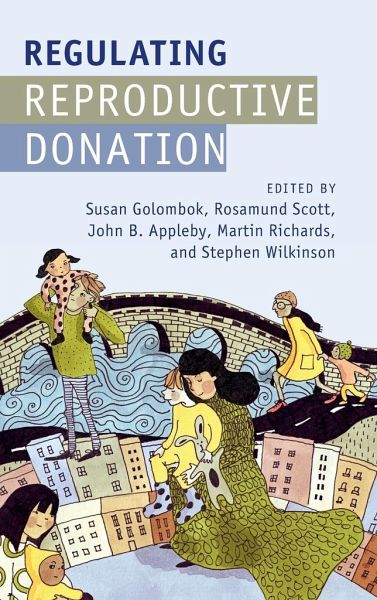
Regulating Reproductive Donation
Versandkostenfrei!
Versandfertig in 1-2 Wochen
90,99 €
inkl. MwSt.
Weitere Ausgaben:

PAYBACK Punkte
45 °P sammeln!
The emergence of new empirical evidence and ethical debate about families created by assisted reproduction has called into question the current regulatory frameworks that govern reproductive donation in many countries. In this multidisciplinary book, social scientists, ethicists and lawyers offer fresh perspectives on the current challenges facing the regulation of reproductive donation and suggest possible ways forward. They address questions such as: what might people want to know about the circumstances of their conception? Should we limit the number of children donors can produce? Is it wr...
The emergence of new empirical evidence and ethical debate about families created by assisted reproduction has called into question the current regulatory frameworks that govern reproductive donation in many countries. In this multidisciplinary book, social scientists, ethicists and lawyers offer fresh perspectives on the current challenges facing the regulation of reproductive donation and suggest possible ways forward. They address questions such as: what might people want to know about the circumstances of their conception? Should we limit the number of children donors can produce? Is it wrong to pay donors or to reward them with cut-price fertility treatments? Is overseas surrogacy exploitative of women from poor communities? Combining the latest empirical research with analysis of ethics, policy and legislation, the book focuses on the regulation of gamete and embryo donation and surrogacy at a time when more people are considering assisted reproduction and when new techniques and policies are underway.





